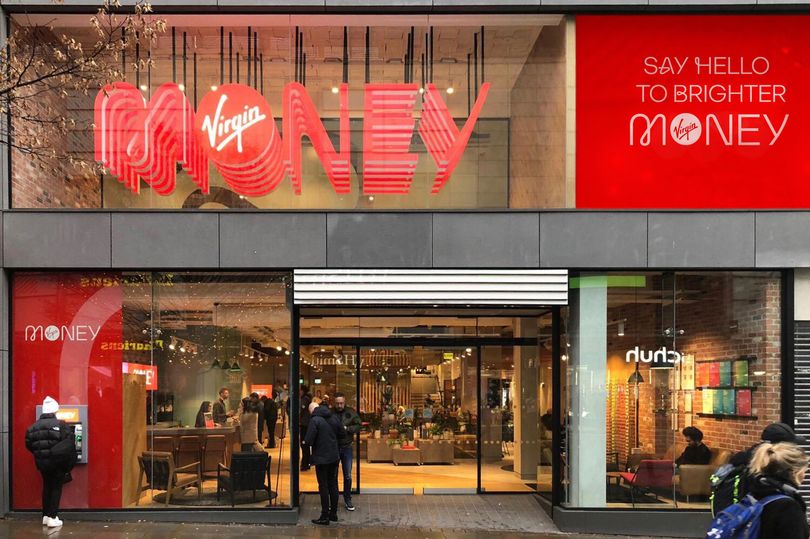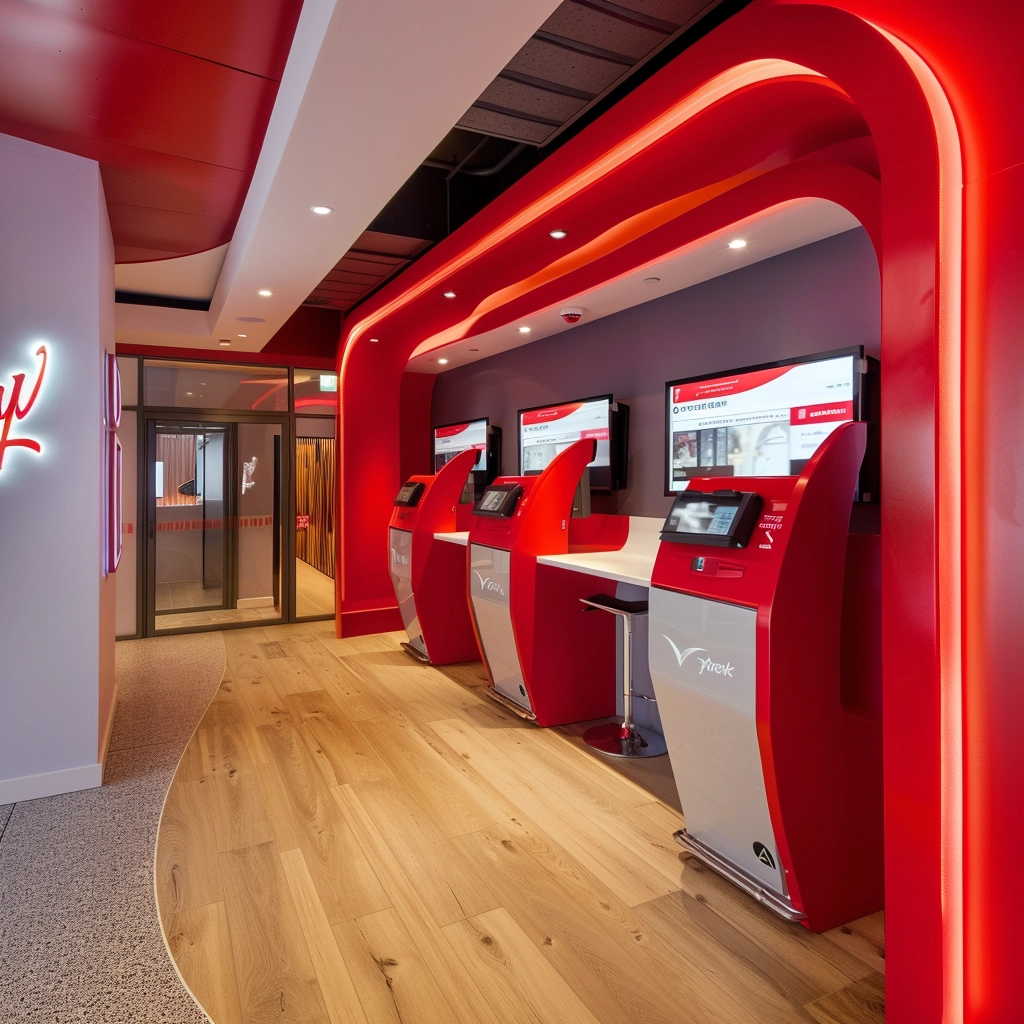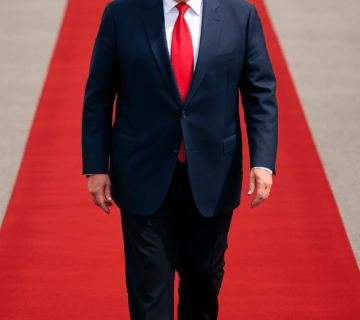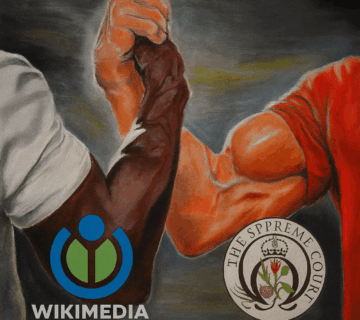It was a significant move that underscores the rapidly evolving landscape of the UK’s banking sector. Nationwide Building Society has announced a preliminary agreement to acquire Virgin Money UK for £2.9 billion. This strategic acquisition is poised to establish the merged entity as the second-largest mortgage and savings provider in the UK. Which heralded a new era of competition and innovation in the banking industry.
David Duffy, Chief Executive of Virgin Money, expressed enthusiasm about the merger, highlighting it as a pivotal moment that builds upon Virgin Money’s achievements as a prominent new Tier 1 bank. He underscored the merger’s potential to enhance the bank’s customer offerings and solidify its status as a formidable national competitor in the banking sector.
The sentiment was echoed by banking analyst Gary Greenwood from Shore Capital. He noted that Virgin Money’s long-suffering shareholders are likely to view the all-cash offer favorably, despite suggestions that the group could have been valued higher. Greenwood also mentioned the slim chances of a counteroffer emerging in this context.
Broadening Horizons: Nationwide and Virgin Money’s Combined Strength
The merger is set to create a financial behemoth with total assets amounting to approximately £366.3 billion and a total lending and advances portfolio of around £283.5 billion. Nationwide, which prides itself on its mutual building society ethos, reiterated its commitment to this identity while acknowledging the acquisition’s role in propelling its strategic objectives.
Analysts at Jefferies have lauded the deal for its strategic coherence. Particularly highlighted the benefits of extending Nationwide’s reach into credit cards and business current accounts, alongside scaling its core operations in lending and deposits. The acquisition is expected to fortify Nationwide’s leading position in providing mortgages, savings, and current accounts in the UK.
Nationwide has outlined a multi-year integration roadmap, committing to maintain a branch presence in all locations served by the combined group until at least the beginning of 2026. The society also assured that there would be no significant alterations to the size of Virgin Money’s workforce in the foreseeable future.
Future Branding and Partnership Prospects
The deal will see the termination of Virgin Money’s trademark license agreement with Virgin Enterprises on the fourth anniversary of the acquisition’s completion, with plans to gradually rebrand Virgin Money. Additionally, Nationwide and Virgin Enterprises are exploring collaborative opportunities related to the Virgin Red loyalty program, aiming to extend its benefits to customers of the merged group.
Virgin Group Holdings Ltd, owning a 14.5% stake in Virgin Money, has expressed its support for the acquisition, aligning with the financial terms proposed. In light of the takeover bid, Virgin Money has paused its share buyback program with immediate effect.

Market Movements and Broader Implications
The announcement comes amid broader market activity, with the FTSE 100 experiencing a slight downturn, while the FTSE 250 shows modest gains. This dynamic market backdrop is punctuated by significant earnings reports across various sectors. Which influenced the stock performances of companies like Rentokil, Spirax-Sarco Engineering, and Aviva, among others.
The offer, valued at 220p per Virgin Money share, reflects a substantial 38% premium over its closing share price before the announcement, triggering a 36% surge in Virgin Money’s stock price in early trading. This move underscores Nationwide’s unlisted status and its strategic ambition to expand its footprint in the UK’s banking landscape.
As the deal progresses towards completion, it represents not only a significant milestone for Nationwide and Virgin Money but also a transformative moment for the UK banking sector, promising enhanced services and competitive offerings for consumers nationwide.





